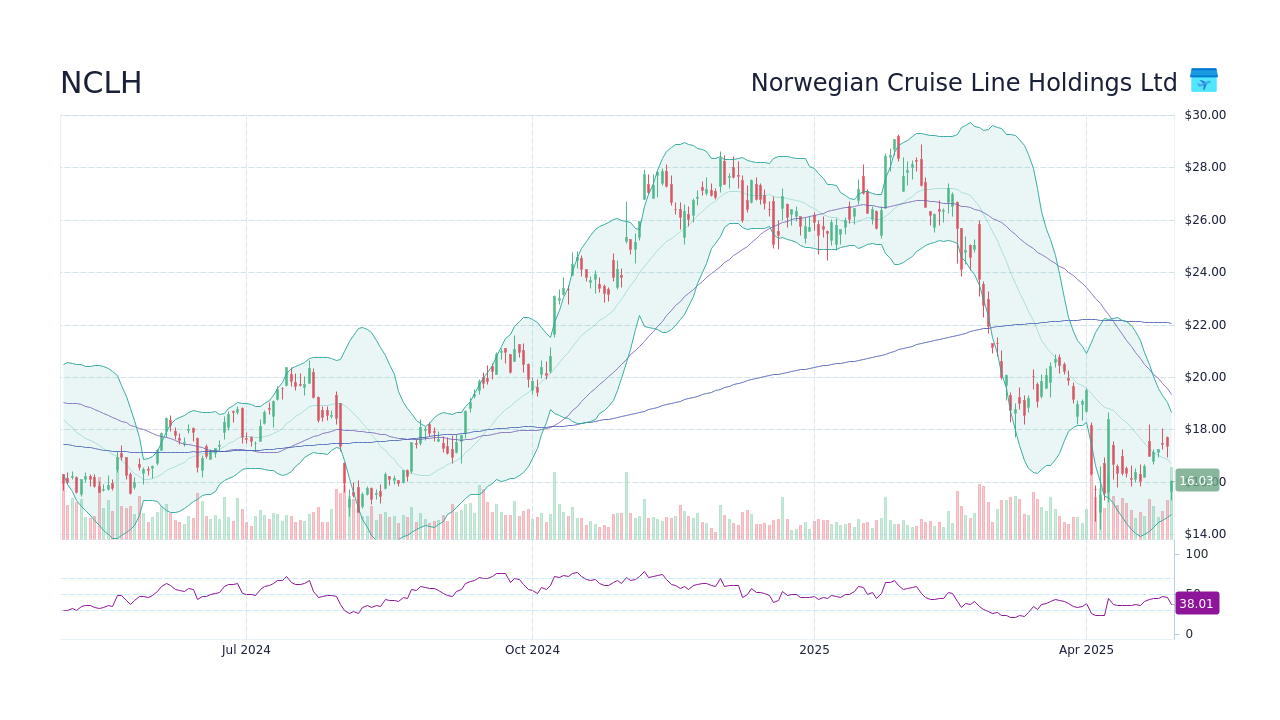The Impact Of Target's Reduced DEI Efforts: Analysis Of Sales And Consumer Response

Table of Contents
The Nature of Target's Reduced DEI Efforts
Target's scaled-back DEI efforts haven't been explicitly detailed in a single, comprehensive announcement. Instead, the changes have been observed through various actions and reports, leading to speculation and analysis. This lack of transparency has itself contributed to the ongoing debate.
Specific Program Cuts
While precise figures remain elusive due to Target's limited public communication on this matter, reports suggest several key areas affected:
- Budget Reductions: Significant budget cuts have reportedly been made to various DEI programs, impacting funding for external community partnerships and internal employee resource groups.
- Staff Layoffs: Layoffs impacting employees working directly on DEI initiatives have been reported in some news outlets, though the exact numbers are often unconfirmed.
- Reduced Marketing Representation: A noticeable decrease in diverse representation within Target's marketing campaigns has been observed by various consumer advocacy groups and media outlets. The shift has been criticized for a perceived return to less inclusive imagery.
- Curtailed Training Programs: Internal DEI training programs, aimed at fostering a more inclusive work environment and promoting cultural competency among employees, have allegedly been scaled back or eliminated entirely.
Target's stated reasoning behind these changes often centers on the need for financial prudence and a focus on core business operations. However, this explanation has been met with criticism from various stakeholders, who point to the potentially negative impact on both employee morale and the brand's public image. [Link to relevant news article 1] [Link to relevant news article 2]
Analysis of Sales Data Following the Changes
Assessing the direct impact of Target's reduced DEI efforts on sales requires careful consideration. Isolating the effect of this specific policy change from other macroeconomic factors impacting retail sales is a complex challenge.
Sales Trends Before and After
Analyzing Target’s sales data before and after the perceived scaling back of DEI initiatives reveals a mixed picture. While overall sales figures may not show a dramatic immediate decline, a more granular analysis is necessary.
- Product Category Breakdown: Sales data broken down by product category could show whether certain items associated with specific demographic groups experienced disproportionate declines. This could indicate a potential shift in consumer behavior linked to the DEI controversy.
- Competitor Comparison: Comparing Target's sales performance with that of its major competitors during the same period helps establish whether the observed trends are unique to Target or reflect wider market conditions.
- External Factors: It's crucial to account for external factors like inflation, economic recessionary pressures, and shifting consumer spending habits, which can significantly impact overall sales figures. These need to be carefully considered to isolate the effect of Target's DEI policy changes.
Unfortunately, Target hasn’t released sufficiently detailed sales data allowing for a conclusive analysis of the impact of the altered DEI policy. Future research with access to more comprehensive data will be needed to properly understand this aspect.
Consumer Response and Public Sentiment
The public reaction to Target's reduced DEI efforts has been highly polarized, playing out across various media platforms.
Social Media Analysis
Social media platforms have become a battleground for expressing opinions on this issue.
- Sentiment Analysis: Using sentiment analysis tools on platforms like Twitter, Facebook, and Instagram reveals a significant volume of negative sentiment surrounding Target's actions, with numerous users expressing disappointment and anger. Conversely, a smaller segment of users expressed support for the decision, focusing on financial considerations.
- Boycotts and Consumer Behavior: While widespread boycotts haven't been conclusively documented, there's evidence suggesting some consumers have shifted their purchasing habits in response to the perceived reduction in Target's DEI commitment. Anecdotal evidence and social media trends suggest a drop in purchases among certain demographics.
Traditional Media Coverage
Mainstream media coverage of Target's actions has presented a diverse range of perspectives, reflecting the complexity of the issue.
- News Article Analysis: Major news outlets have covered the story from various angles, with some focusing on the financial implications while others emphasize the broader societal and ethical implications of Target's decisions.
- Framing of the Story: The framing of the story varies considerably depending on the publication and its editorial slant. Some reports frame it as a necessary business decision, while others highlight the negative consequences for Target's brand image and reputation.
Long-Term Implications and Future Outlook
The long-term ramifications of Target's reduced DEI efforts are still unfolding, but several key areas warrant attention.
Potential for Brand Damage
The reduced commitment to DEI could inflict lasting damage on Target's brand reputation.
- Customer Loss: Negative public perception could lead to a long-term decline in customer loyalty and a shift towards competitors perceived as more socially responsible.
- Employee Retention: The changes may negatively impact employee morale and contribute to higher employee turnover, particularly among employees from underrepresented groups.
- Financial Projections: The potential loss of revenue from decreased customer loyalty, along with increased recruitment and training costs related to higher turnover, could negatively impact Target's long-term financial projections.
Strategic Response Options
To mitigate potential negative consequences, Target needs a strategic response focusing on rebuilding trust and engaging with its diverse customer base.
- Improved Communication: Transparent and proactive communication with stakeholders is critical. Target needs to clarify its current DEI strategy and address public concerns head-on.
- Community Engagement: Investing in meaningful community engagement initiatives that benefit underrepresented communities can help demonstrate a continued commitment to social responsibility.
- Policy Modifications: Re-evaluating and potentially modifying its DEI policies to better reflect the values of its diverse workforce and customer base would demonstrate a renewed commitment to inclusivity.
Conclusion
This analysis of Target's reduced DEI efforts reveals a complex interplay between corporate social responsibility and financial performance. While the direct impact on sales requires further investigation and data, the negative public and media response highlights the potential risks associated with scaling back DEI initiatives. The lack of transparency around these changes has further fueled negative sentiment. Target's reduced DEI efforts serve as a cautionary tale for businesses weighing the short-term financial considerations against the long-term value of maintaining a strong commitment to diversity, equity, and inclusion. Continued monitoring of Target's response and the ongoing consumer reaction to their revised DEI strategies will be crucial in understanding the long-term implications of these changes for the business and broader societal conversations surrounding corporate social responsibility and Target's reduced DEI efforts. Further research is needed to fully assess the long-term consequences of this decision.

Featured Posts
-
 Pengagihan Bantuan Tabung Baitulmal Sarawak Rm 36 45 Juta Kepada Asnaf Laporan Mac 2025
May 01, 2025
Pengagihan Bantuan Tabung Baitulmal Sarawak Rm 36 45 Juta Kepada Asnaf Laporan Mac 2025
May 01, 2025 -
 Cassidy Hutchinsons Memoir Key Jan 6 Witness To Detail Capitol Attack
May 01, 2025
Cassidy Hutchinsons Memoir Key Jan 6 Witness To Detail Capitol Attack
May 01, 2025 -
 Tonga Dashes Sis Hopes A Comprehensive Analysis
May 01, 2025
Tonga Dashes Sis Hopes A Comprehensive Analysis
May 01, 2025 -
 Automating Workboats The Tbs Safety And Nebofleet Solution
May 01, 2025
Automating Workboats The Tbs Safety And Nebofleet Solution
May 01, 2025 -
 Nclh Stock Is It A Top Pick For Hedge Fund Investors
May 01, 2025
Nclh Stock Is It A Top Pick For Hedge Fund Investors
May 01, 2025
